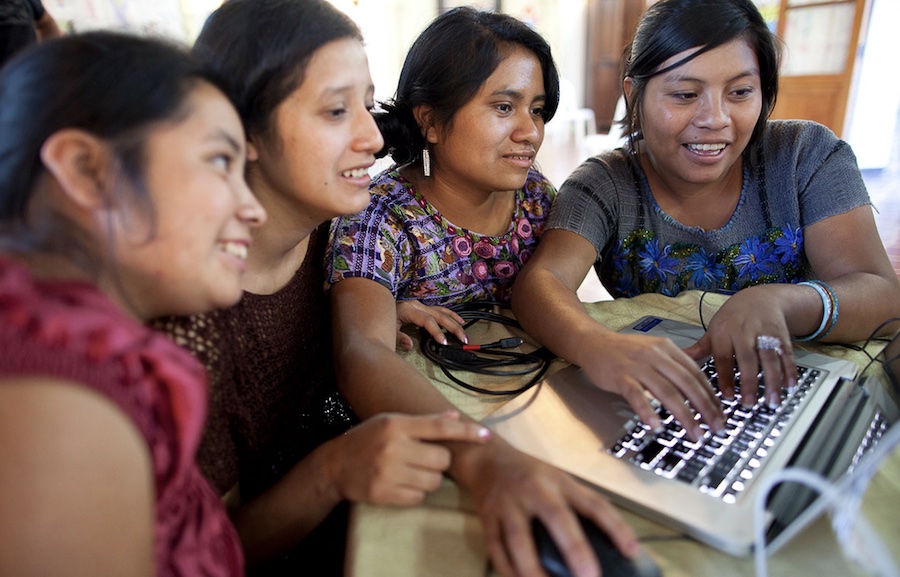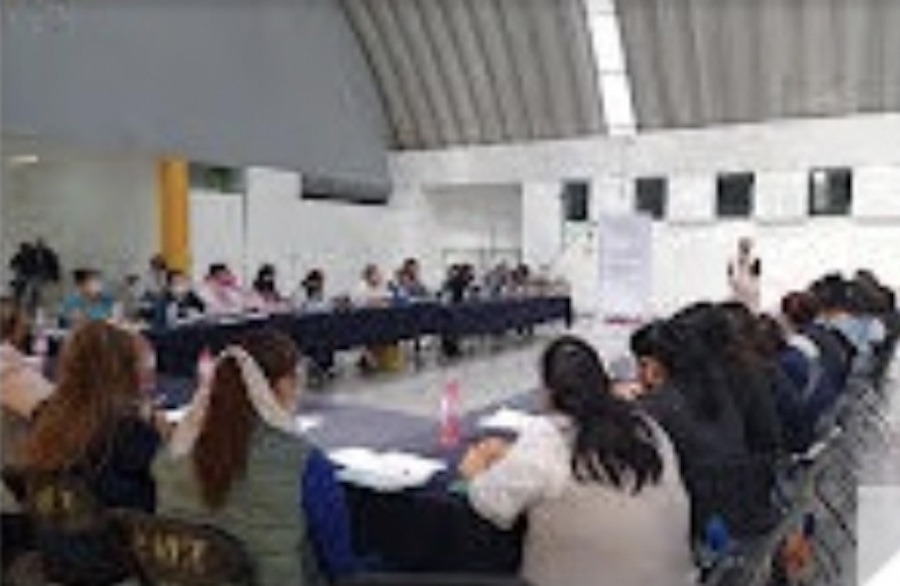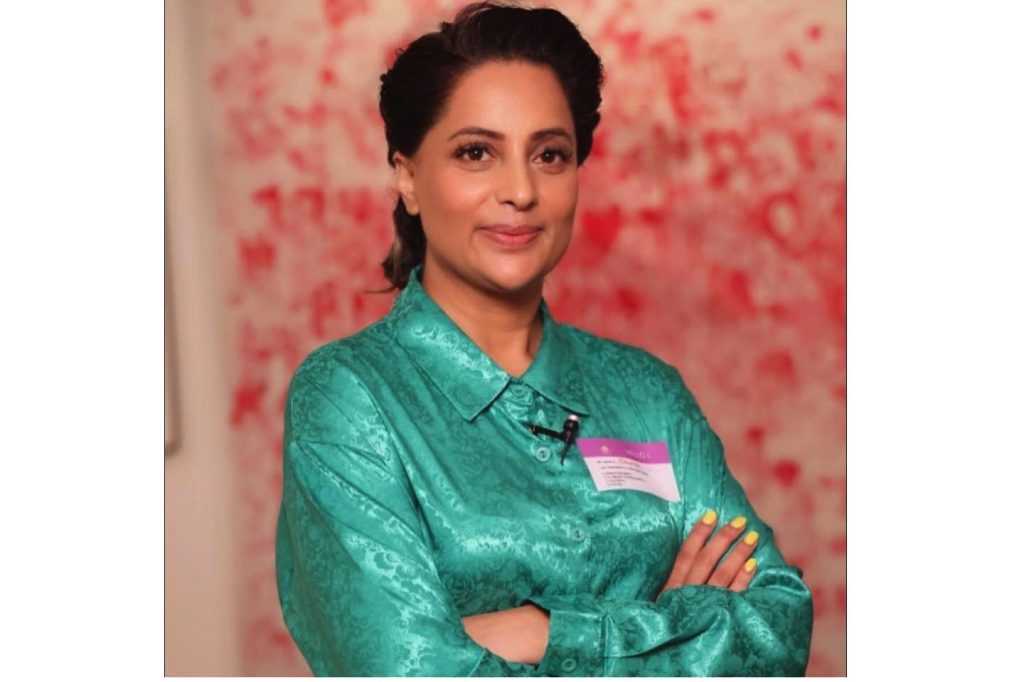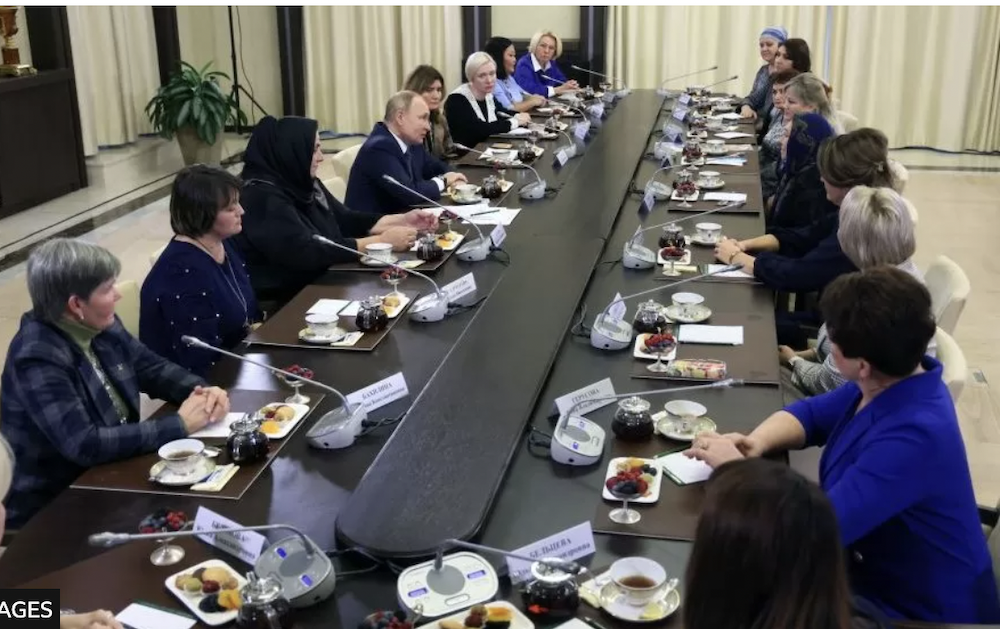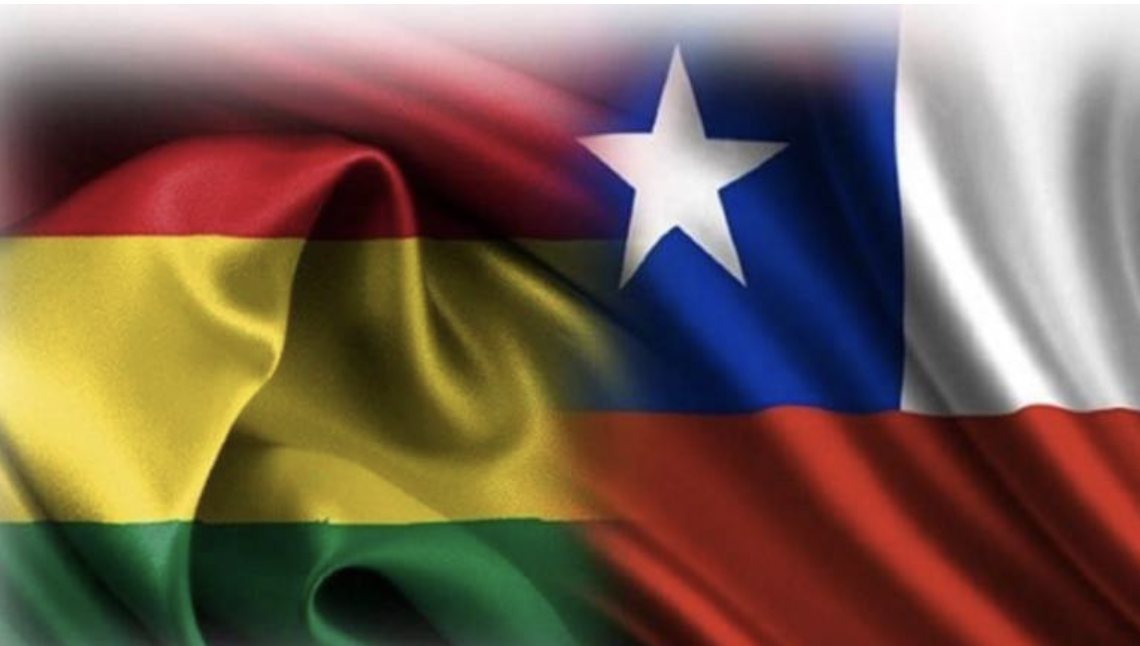. . WOMEN’S EQUALITY . .
An article by Linda Bordoni from Vatican News
Pope’s powerful appeal for peace in Ukraine resounded at the weekly General Audience on the eve of the one-year anniversary of the Russian invasion. Participating in the audience were three young women who felt particularly encouraged and comforted by his continuing closeness and prayers. The women from Russia, Ukraine and Belarus told Vatican Radio about their own dreams for peace and of their continuing pacifist commitment.

From left to right: Olga Karach, Linda Bordoni, Kateryna Lanko and Darya Berg
Darya from Russia, Olga from Belarus and Katya from Ukraine are in Italy bringing the voices of millions of their countrymen who oppose the ongoing war in Ukraine and the increasing militarization of the world.
They have been invited by the Italian Non-Violent Movement (Movimento Nonviolento) which promotes demilitarization and peace-making activities.
Speaking to Vatican Radio after having participated in Pope Francis’ General Audience on Wednesday morning, the three women reiterated their commitment to work for peace. They expressed gratitude and admiration for the Pope’s tireless condemnation of the absurdity of war, for his appeals to world leaders to pursue negotiations and peace-making, and for his spiritual and concrete closeness to those who are suffering.
“It is my aim,” Darya Berg explained, “to find a way for Russian people to live without blood on their hands.”
‘Go by the forest’
Representing the “Go by the forest” project, she explained it is a nonviolent civil resistance project working “to help Russian people avoid this awful war that Russia started in Ukraine.”
Darya, who has had to flee her country in order to be able to pursue her pacifist ideals and commitment, said she would be in jail today in Russia for her words and actions.
She is here, she added, to represent them and to tell Europe and the whole world that there are “a lot of Russian people who are against the war, who don’t want to kill anybody who wants peace.”
It is important to hear the voices, she said, even if they are silent.
Darya explained that “Go by the Forest” has a double meaning in Russia: it means “We don’t care about what you think,” and that, she explained, “is what we say to the government in our country.” It is also an invitation to “go by the forest” to find ways to cross the border and escape military conscription.
That’s what we do, she said, to help “people who don’t want to kill anybody in this bloody war,” helping them understand their rights, helping them by providing legal information, psychological support and hiding places in Russian territory as well as crossing the borders.
(Article continued in right column)
Do women have a special role to play in the peace movement?
Can the peace movement help stop the war in the Ukraine?
(Article continued from left column)
It is still legal, Darya explained, to exit the country; however, it is very difficult for people, especially from villages and small towns who do not have passports and who have never been out of Russia.
They are threatened, she said, “by the government, by the military, by the army. They don’t know what they can do, what they cannot do.”
‘Our House’
Belorussian Olga Karach heads an organisation called “Our House”. She said it is currently running a campaign to help Belarussian men avoid enrolment in the Belarussian army and the war in Ukraine.
She noted that just this week the Belorussian president passed a law approving the death penalty for army deserters.
Like Darya she is campaigning to raise the voice of those men “who don’t want to go to the army, who don’t want to take up weapons and who are now in a very marginalised space.”
Olga said that although media attention shifted following the peaceful revolution in 2020 in which thousands of anti-Lukashenko citizens were jailed or exiled, “still, we have a lot of terror and operations in our country.”
Today, she said the people of Belarus “need much more solidarity and much more support because now Lukashenko is under unbelievable pressure by Vladimir Putin to send the Belarussian army to Ukraine.”
She is in Italy now, Olga added, because she wants “block and prevent a second front in Ukraine from the Belarussian side.”
“We need the attention of Europe for the Belarussian situation,” she said, “, especially for Belarussian men who are trying to avoid participation in the army.”
The closeness of Pope Francis
Completing the trio is Kateryna Lanko from Kyiv in Ukraine, whose aim, she said, is “to make peace in Ukraine, to stop the war, to make a stronger peaceful movement in Ukraine and help our conscientious objectors.”
Commenting on Pope Francis’ powerful appeal for peace during the General Audience and on his words regarding the fact that “Whatever is built on rubble can never be a true victory,” she said she felt encouraged and warmed by them.
The strength of unity
The three women reaffirmed their common commitment stemming, they said, from common problems and the belief that together there is much they can do.
Their Italian tour aims to raise funds for their work, but more than that, to be heard. Olga recalled with gratitude the solidarity shown by so many Italians for Belarussian children in Chernobyl who were orphaned or affected by the nuclear disaster in 1986.
She hopes Europe will take notice of the fact that Lukashenko is currently organizing military training camps for children as young as six “to teach them to shoot, to use military equipment” and to be prepared as child soldiers.
“All three of us really need your help, Darya concluded, “and we really need to be heard. I believe that together we can end the war and that it’s very important for our countries to save as many people as possible.”
“We are here to say that there are people who don’t want to fight, who don’t want weapons in their hands who don’t want to kill and to die.”

